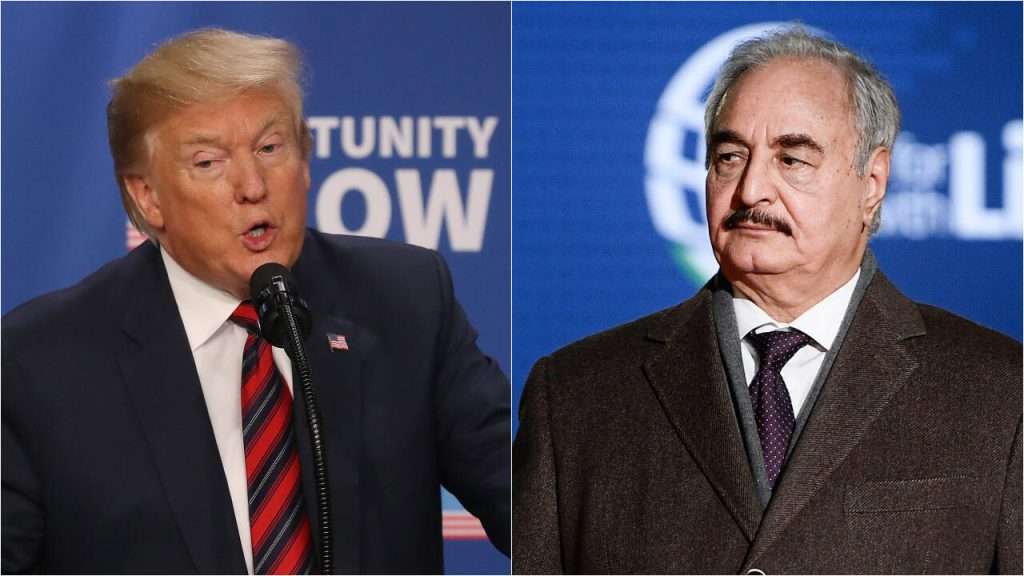Trump adviser prioritises US influence in Libya

One of Donald Trump’s advisers is aiming to renew American influence in Libya through commercial diplomacy and investments, representing the foreign policy trend under the Trump administration according to The Arab Weekly plus agencies on September 22nd.
Massad Boulos has pursued Trump’s preferred doctrine of commercial populism to cultivate economic partnerships with developing countries such as Libya, reflecting a US strategy of leveraging countries’ economic difficulties to exert greater influence.
This model focusing on economic capital has meant Boulos has pursued closer ties with the Tripoli-based, UN-supported Government of National Unity (GNU) led by Prime Minister Abdulhamid Dbeibah, which risks exacerbating the existing fractures within Libya’s political framework.
The GNU, whilst UN-supported, has failed to progress sufficiently with electoral and governance reforms whilst the eastern rival administration Government of National Stability, backed by Khalifa Haftar, maintains control over major eastern Libyan cities that could represent productive investment hubs.
Boulos’ focus on unfreezing Libyan assets and investments in Libya’s oil sector naturally positions Dbeibah’s government as the primary economic partner, risking tensions with the eastern government, who have prudent diplomatic links with regional powers such as Turkey.
During discussions in Doha, Boulos suggested a proposal which would partially unfreeze Libyan assets held in Western banks in exchange for reconstruction contracts allocated to American companies.
Furthermore, Boulos has reportedly signalled interest in the Libyan oil sector, which could risk diplomatic tensions due to the politicisation of the oil sector by both the Western Libya administration and the Haftar family.
The strategy of Trump’s adviser nevertheless aligns with the US President’s style of diplomacy, prioritizing commercial deals and investments in American interests over restoring political unity and stability, a style with varying degrees of success.
However, Boulos argues that he has prioritized Libyan unification, pointing to a recent meeting in Rome involving Dbeibah and the Libyan National Army’s deputy commander, Saddam Haftar.
The United States also chaired an international meeting discussing ways to ensure stability in Libya and implement the political roadmap sponsored by the United Nations Support Mission in Libya.
The Arab Weekly plus agencies, Maghrebi.org, Libya Observer
Want to chase the pulse of North Africa?
Subscribe to receive our FREE weekly PDF magazine














